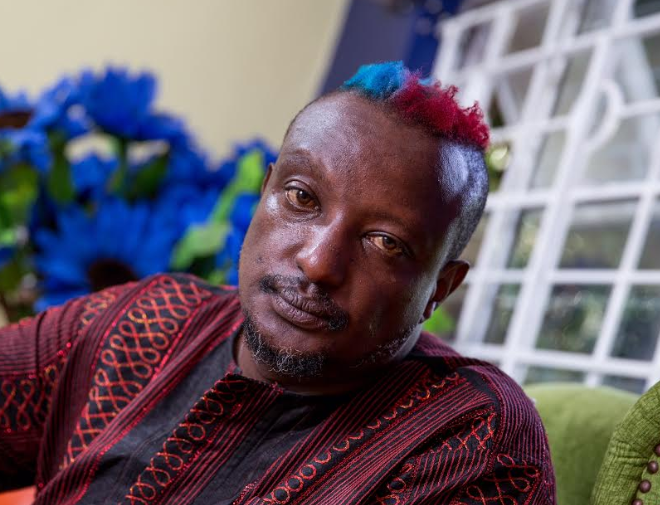
I had the opportunity to interact closely with Binyavanga Wainaina. He lived close to my house and we often bumped into each other at Galleria Mall, Nairobi, as we both ran errands. It was easy to spot him with his dyed hair, shorts, coloured shirts, and sandals. His loud laughter often made people turn their heads. I loved his sense of humour. We had many intellectual conversations about religion, literature, politics, history… He was a wealth of knowledge and I loved that.
I remember I once spotted him at Art Caffe, Galleria. He was seated alone. I took a detour so I could say hello to him and he gave me a warm embrace. When I turned around, I got so many cold stares. At first, I thought it was because we were talking loudly, then it hit me. Binyavanga had been in the news for coming out as gay and it did not go down well with many people.